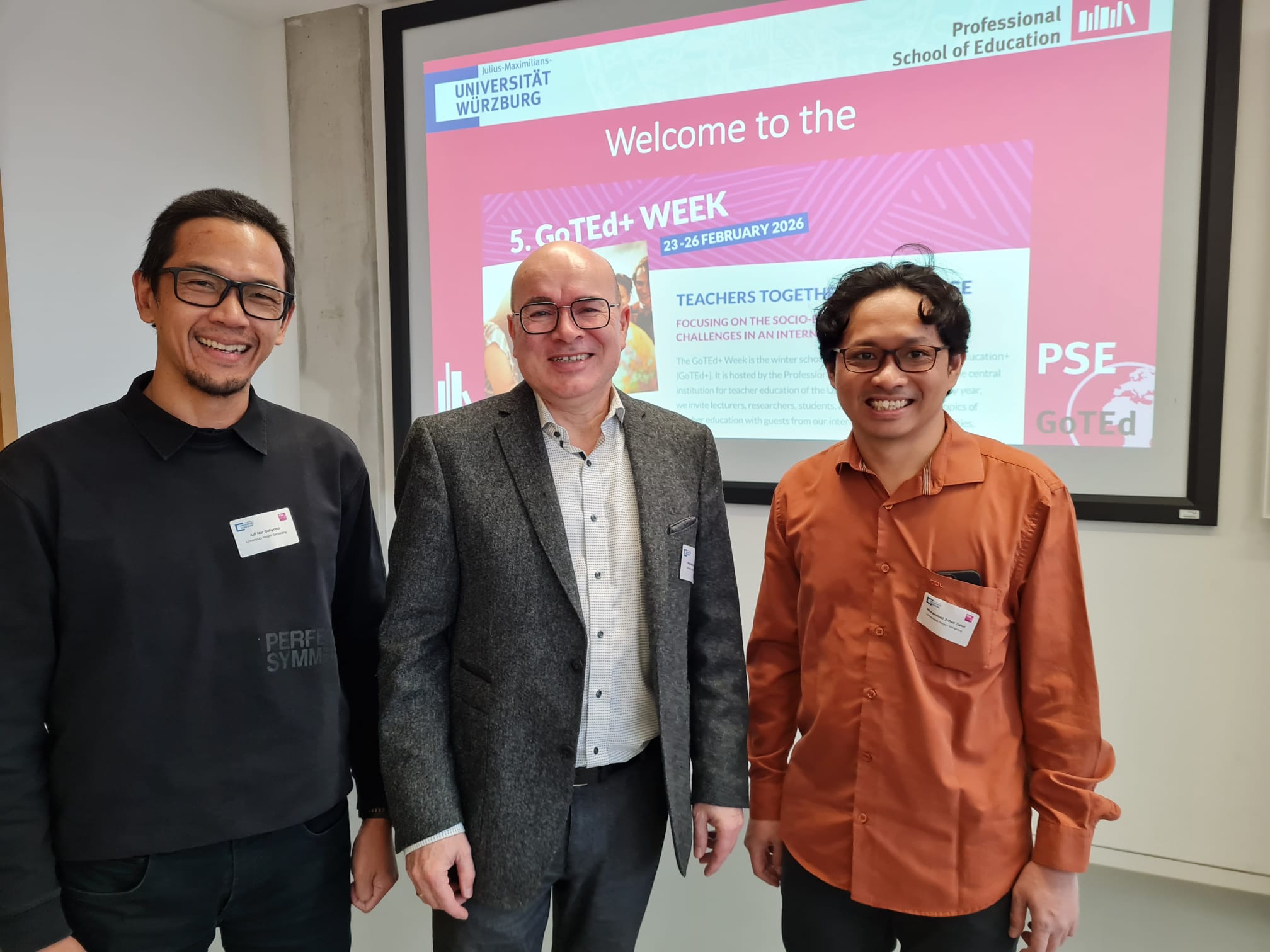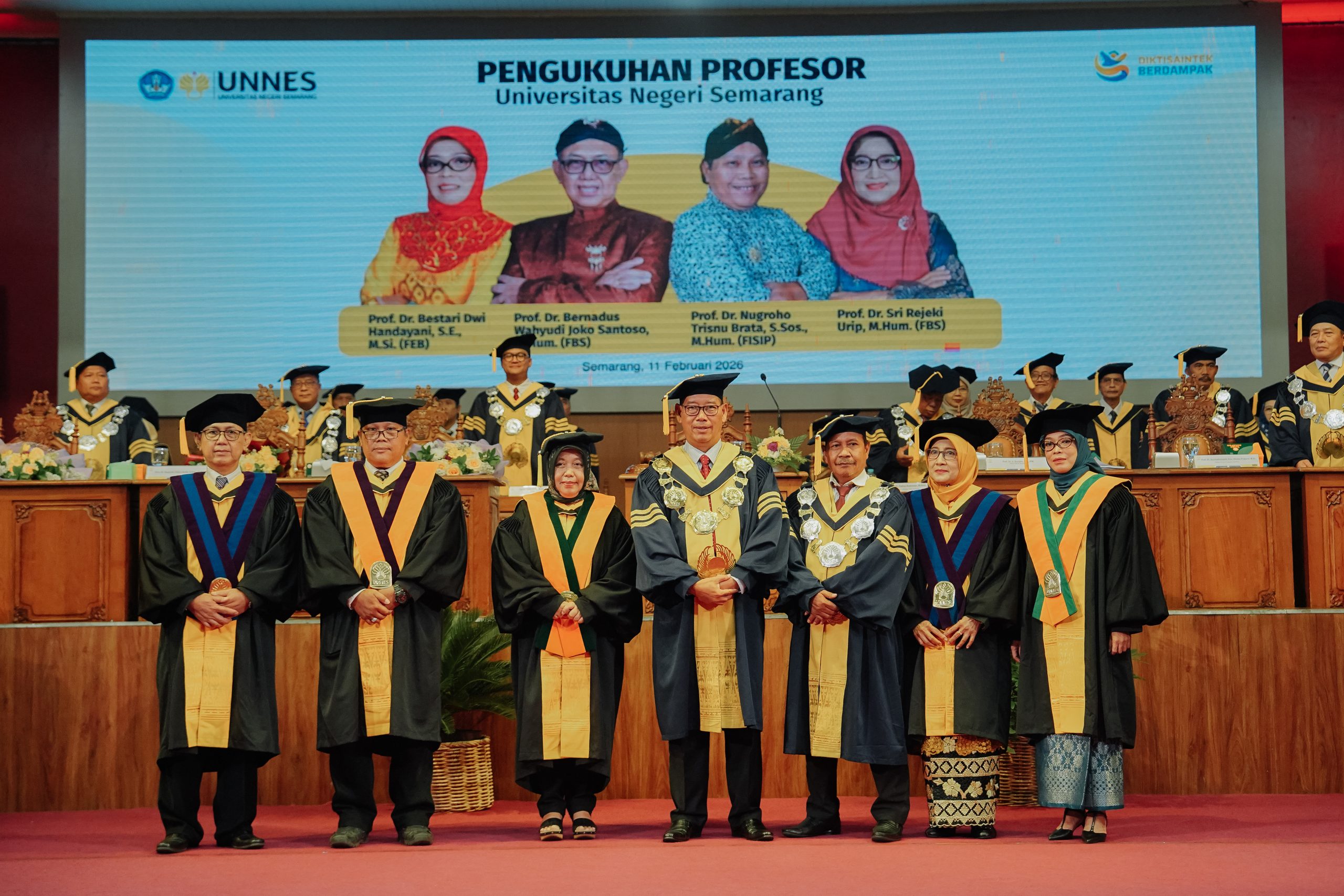Selangor, Malaysia (04/08/2018) Two lecturers of Universitas Negeri Semarang (UNNES) Prof. Dr. Sucihatiningsih Dian Wisika Prajanti and Sri Utami SS MA MPd paid a visit to Universiti Putra Malaysia (UPM) as Visiting Professor in order to study collaboration research instruments between UNNES and UPM 2018.
Research using qualitative and quantitative methods focuses on the development of agricultural extension institutions in Indonesia and Malaysia.
The purpose of this research is to see how the planning, implementation and evaluation of agricultural extension processes in Indonesia and Malaysia.
Hopefully, the outcome of this research is that besides findings that can be published in international indexed journals, it can also find the right model in the development of agricultural counseling that can be applied in countries in need.
For that, Prof. Dr. Rahim Md Sail-Emeritus Professor from UPM Malaysia began the discussion by reviewing the research principle that must be carried out jointly by UNNES and UPM.
The principle is that this research will focus on Planning, Implementation, and Evaluation of agricultural extension in Indonesia and Malaysia. The principle is then used as the basis for making instruments both used for qualitative and quantitative approaches.
Furthermore, together with Prof. Madya Dr. Hanina H Hamsan, Chairperson of Young Citizenship and Leadership, Institute for Social Sciences Studies, the son of Infoport UPM- and the UNNES team jointly reviewed the research instruments that will be used during interviews with research respondents.
The third meeting with UPM this time is expected to produce mature joint research instruments due to language and cultural differences between Indonesia and Malaysia.
“The perception of instrument content perceptions between these two parties will greatly help researchers when plunging into the field because it will further inspire the purpose of each question to be asked” said Prof. Rahim.
The meeting, which was held at the office of the Institute for the Study of Social Sciences (IPSAS), in addition to discussing research, also discussed the possibility of cooperation in publishing books related to the development of agricultural counseling.
The book that is being processed by the UPM Team will then be translated into Indonesian by the UNNES team. Thus, the book will add references to agricultural extension researchers in both Indonesia and Malaysia.
18
Aug



